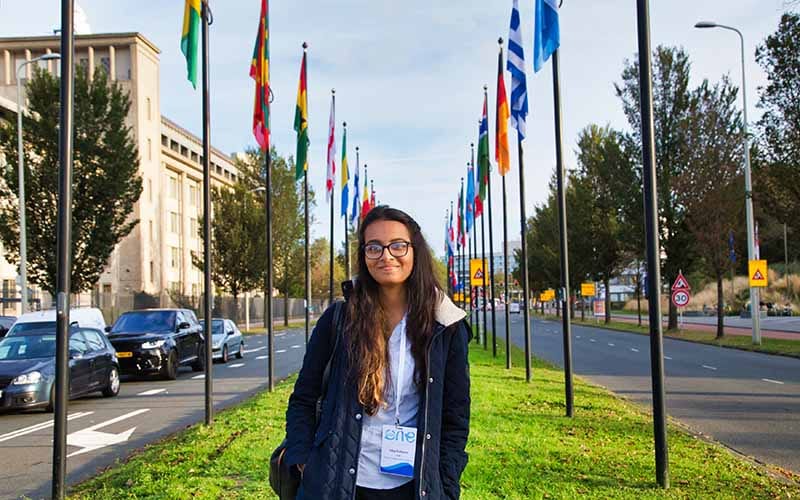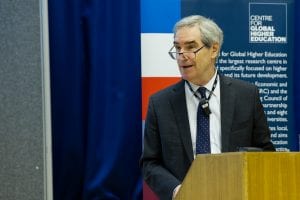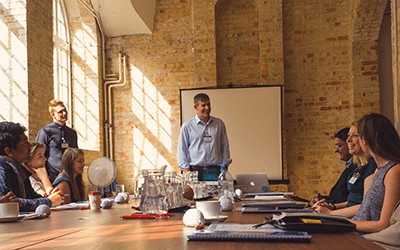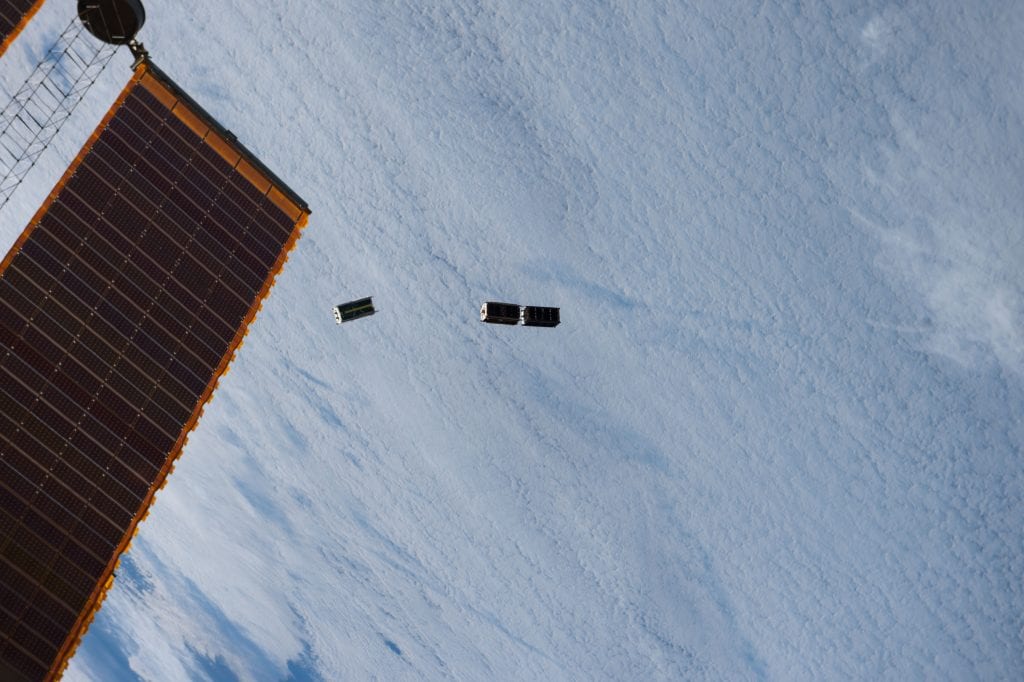Developing New Methods to Study Thermal Perception
By Guest Blogger, on 3 April 2020
By Ivan Ezquerra Romano, PhD student, UCL Institute of Cognitive Neuroscience
The sun is shining and the waves are breaking on the shore. Kids are splashing sea water. The air is warm but the ice-cream you’re eating feels pleasantly cold. Now you feel too hot, so you run to the water with the sand burning beneath your toes! The experience of submerging your body in the sea water is incredibly refreshing…
How does your mind represent all these thermal sensations you experience on a summer day at the beach? The research project that I am working on will help answer this question thanks to the development of novel methods to study thermal perception.
CpP facilitates international collaboration
For my PhD, I am studying how the mind represents the perception of temperature in space and time. The UCL Cities partnerships Programme (CpP) facilitated the project that is now at the core of my PhD research. UCL Institute of Cognitive Neuroscience Professor Patrick Haggard kickstarted the project before I joined and started working on it a year ago.
The project is a collaboration between Professor Giandomenico Iannetti’s lab and Professor Haggard’s. When I joined, Professor Iannetti had recently moved his lab to Istituto Italiano Di Tecnologia. The Guardian reported that almost 11,000 EU academics had left UK universities since the 2016 referendum, so the timing of the CpP project was perfect as the programme is key in facilitating collaborations with international academics post-Brexit.
Thanks to CpP (and way before the COVID-19 pandemic), researchers from both labs were able to visit each other several times to have fruitful discussions and brainstorm ideas. I also had the invaluable experience of working hand-in-hand with senior researcher Dr Caterina Leone from Sapienza University of Rome at such an early stage of my PhD. Other than the science, it was fun to have ramen and sushi while exploring London’s international food scene, and also ice-cream and pizza in Rome!
Luckily, our project has been awarded funding for another consecutive year.
New methods to study thermal perception
CpP has not only supported our traveling expenses, but it has allowed us to buy equipment to develop novel methods to study thermal perception in a way no one has done before. Classically, scientists studying thermal sensation use tactile thermal simulators. These are metal bars connected to a system of water pumps. This system is connected to a computer and scientists can easily control the temperature of the metal, which is measured by a thermometer.
However, we know that touch and thermal changes of the skin interact with each other to build our perception of the external world. For example, a coin that is cold feels heavier than an identical coin that is warm. When our skin is simultaneously stimulated by touch and temperature, the perception of those inputs is different than if we experience the touch or the temperature in isolation.

Dry ice composed of CO2. Here it is at roughly -70C. At room temperature, it goes from solid to gas (sublimation).
In our project, we are developing novel methods to study cold and warm perception without tactile input. Scientists can already warm the skin without touch by using a laser or an infrared bulb – that’s what the sun does after all! However, until now there were no means of accurately cooling the skin without touch. This project involves devising a reliable and repeatable method of doing this using dry ice. We are developing the cooling method in London and we plan to develop the warming method in Rome (when travelling and social restrictions are lifted). We will then combine them to study thermal perception in different ways.
Scientific impact
The methods developed in this project will allow us to study temperature perception in new ways. Right now, scientists do not understand well how perception of temperature changes with tactile inputs. In particular, spatial and temporal projections are poorly understood because of the use of tactile thermal stimulators. The results of our CpP project and other experiments will allow us to develop computational models of how the brain builds thermal perception. Excitingly, these developments will inform the development of new technologies such as thermal displays for use in gaming, robotics and remote sensing devices.
 Close
Close


















